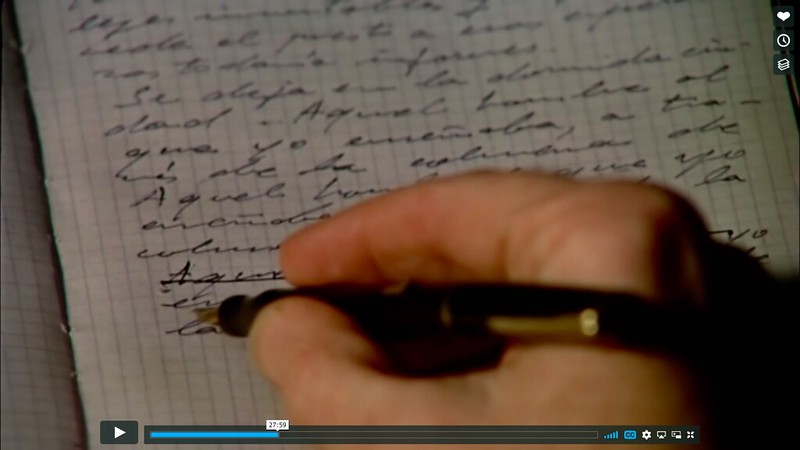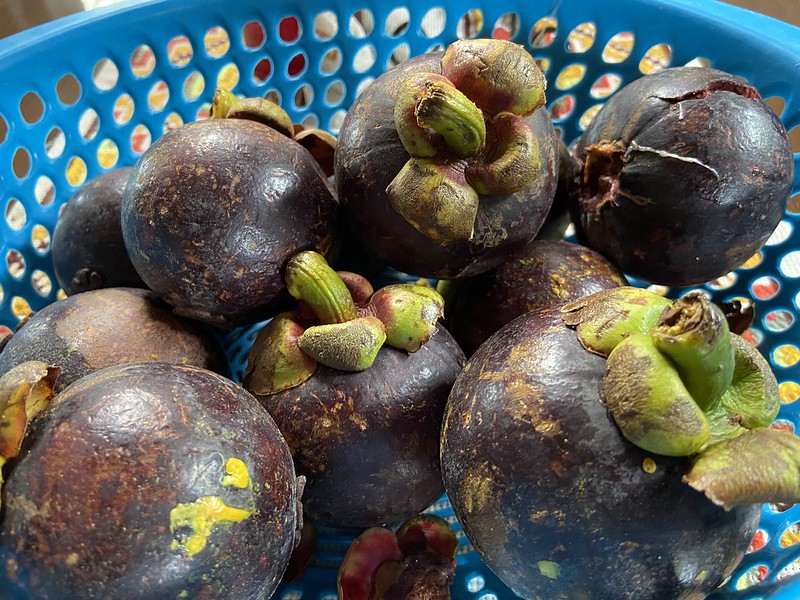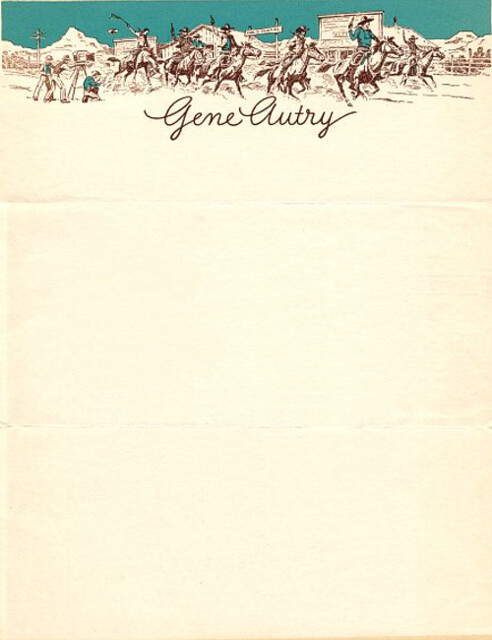Streets

A Street Observation by Clinton Palanca, from the Likhaan Anthology of Philippine Literature in English (1998), Ed. Gémino Abad
Labels: daily
Minutiae of my every day since 2004.


Labels: daily
Uncle Ephraim plays Christmas songs this morning. I get teary-eyed when I hear Christmas songs. I can't explain it. Mother feels the same way.
Labels: daily
Writing to William Farrel, John Calvin alludes to the death of Augustin Courault, a zealous preacher of the Reformation in Paris and Geneva. From the book's footnote: "Advanced in years, he had become blind. His death, which was at first attributed to poison, caused the deepest regret to both Farel and Calvin."
Distress and wretchedness during the day seems only to prepare a lodging for the more painful and excruciating thoughts of the night. It is not merely the want of sleep, to which custom has so inured me, by which I am harassed, but I am utterly exhausted by these melancholy thoughts all night long, than which I find there is nothing more destructive for my health.

Major Archie Butt, a friend and aide to two presidents, stood on the deck of the sinking RMS Titanic in the early morning hours of April 15, 1912. He and Frank Millet, his close friend and perhaps more, would not survive the next few hours, although exactly how they died has been a source of Titanic conjecture for more than a century.
Labels: daily
At present, I am using every endeavor to collect some of it back. I have stirred up some of the professors of this city to make use of them in lecturing.Therefore, rumaraket din si Calvin.
I have nothing to write to Duchemin, seeing that often as I have asked he often returns no answer, nor shall I set out upon my journey until he write. What will it matter, if for some days I shave in the cold while in search of a lodging for the body!May pagka-fierce din siya.
“Concerning Coiffart what can I say, except that he is a selfish fellow?”
My characterization of the great and eminent John Calvin is laced with humor and is perhaps short-sighted. But it is amazing to me that he, like the rest of us, was human, too.
Labels: books/reading
Labels: daily
As some of you know, my father died this past week, at the age of seventy-four. The poet John Berryman once wrote in a letter to Saul Bellow, “His father’s death is one of the few main things that happens to a man, I think, and it matters greatly to the life when it happens.” And, as I stood at my father’s graveside preaching his funeral, that’s much of what was on my mind: when it happened.
Labels: daily
It's a beautiful day in mid-Autumn on Skye and I'm not sure where the year went. This house came with an enormous walled meadow, which my neighbours use to keep their sheep in, and an ancient orchard. About seven years ago the orchard was flooded, and we lost all the redcurrants and gooseberries and rhubarb and such, but most of the trees survived, and there are apples and plums and pears still growing on them.He uses Blogger, "which these days is a lot like blogging with a charred stick and a hank of bearskin."
Labels: medicine

Papaya or "Pepya". Note melon-like fruit attached to trunk of trees near top. Barro Colorado Island Laboratory, 5 March 1935. Name of Plant is "papayo". Name of fruit in Cuba is "fruta bomba." Description: The photograph documents Isaac Ginsburg's field work in locations in Panama, particularly connected with the fishing industry. Photographer: Isaac Ginsburg Date: 1935 Image ID: SIA2016-002508 Collection: RU 7187, Isaac Ginsburg Papers, circa 1911-1919, 1924-1958. Box 8, folder 18.This is a photo from Isaac Ginsburg's collection.
The Flickr set documents the field work of Isaac Ginsburg (1886-1975), an Ichthyologist who spent much of his career with the U.S. Bureau of Fisheries (1922-1956). His chief scientific interest was the marine fishes of the Gulf of Mexico. In 1935, he went to Panama for the Bureau of Fisheries, to study sites connected with the fishing industry. The photographs selected document his work in the field, showing examples of wetlands and shoreline, facilities at Barro Colorado Laboratory (later to become the Smithsonian Tropical Research Institute), locals and colleagues using cayucos in local waters, local vegetation, and places enroute.
Labels: daily
Starring and executive produced by Ewan McGregor and Charley Boorman, “Long Way Up” reunites the best friends after more than a decade since their last motorbike adventure around the world.
Covering 13,000 miles over 100 days through 16 border crossings and 13 countries, starting from the city of Ushuaia at the tip of South America, Ewan and Charley journey through the glorious and underexposed landscapes of South and Central America in their most challenging expedition to date, using cutting-edge technology on the backs of their prototype electric Harley-Davidsons in order to contribute to the sustainability of the planet.
Labels: film/music

We live in a repair-conscious society; unlike the throwaway Americans and even the Japanese, for whom labor could cost more than the appliance itself, we will fight to keep our TVs, fridges, aircons, and electric fans chugging until their last breath. We suffocate our new sofas with plastic so they will live 100 years.
Labels: daily
Labels: books/reading, daily
Are you a rereader? What books do you find yourself returning to again and again?
I do reread. I tend to think of the reading of any book as preparation for the next reading of it. There are always intervening books or facts or realizations that put a book in another light and make it different and richer the second or the third time.
I reread Ms. Robinson's books.
Labels: books/reading

The fruit of the mangosteen is sweet and tangy, juicy, somewhat fibrous, with fluid-filled vesicles (like the flesh of citrus fruits), with an inedible, deep reddish-purple colored rind (exocarp) when ripe. In each fruit, the fragrant edible flesh that surrounds each seed is botanically endocarp, i.e., the inner layer of the ovary. Seeds are almond-shaped and -sized.In our community, where people own and work in farms, fruits sometimes define "seasons."
Labels: daily

Instead of blogging, people are posting to Tumblr, tweeting, pinning things to their board, posting to Reddit, Snapchatting, updating Facebook statuses, Instagramming, and publishing on Medium. In 1997, wired teens created online diaries, and in 2004 the blog was king. Today, teens are about as likely to start a blog (over Instagramming or Snapchatting) as they are to buy a music CD. Blogs are for 40-somethings with kids.

After many years of drawing at the café, believe it or not, this was the first baby I drew. This little guy was a great subject, he didn't move for a long time.I check his Flickr feed every day.
Labels: daily
Poem by Louise Glück, via NYRB.
Tired of rural life, the king and queen
return to the city,
all the little princesses
rattling in the back of the car
singing the song of being:
I am, you are, he, she, it is—
But there will be
no conjugation in the car, oh no.
Who can speak of the future? Nobody knows anything about the future,
even the planets do not know.
But the princesses will have to live in it.
What a sad day the day has become.
Outside the car, the cows and pastures are drifting away;
they look calm, but calm is not the truth.
Despair is the truth. This is what
mother and father know. All hope is lost.
We must return to where it was lost
if we want to find it again.
Labels: daily

nicknamed The Singing Cowboy, was an American singer, songwriter, actor, musician, and rodeo performer who gained fame largely by singing in a crooning style on radio, in films, and on television for more than three decades beginning in the early 1930s.Image credit: Letterheads via Flickr.
Labels: daily
Field Notes - United States of Letterpress from Coudal Partners on Vimeo.
I've been thinking of letterheads, letterpresses, and desktop publishing a lot recently. The header design for my prescription pad is long past due, but I can't quite wrap my head around it. Most doctors consider it a non-issue, but fonts and paper quality matter a great deal to me. I want the stationery to have a vintage feel, like the ones in Letterheady, but the Canva templates don't quite cut it. Let's see.Labels: daily

But the new research found that overweight adults who were assigned to routinely fast for 16 hours daily, eating all their meals between noon and 8 p.m., popularly known as the 16:8 diet, gained almost no benefit from it. Over the course of the three-month study, they lost an average of just two to three and a half pounds — only slightly more than a control group — and most of the weight they shed was not body fat but “lean mass,” which includes muscle.
There were downsides to the study; for instance, the small sample size and the short observation period.
“This was a short study, but it was enough of a study that to me it calls into question whether this works — and if it does work, then the magnitude of the benefit is very small,” [Dr. Weiss] said.
I do intermittent fasting intermittently. I don't care much about the benefits, to be honest. I am not overweight, and I do not have comorbidities to control just yet. But I like how I feel light and not overly bloated with IF. I enjoy my meals when I am allowed to eat. I consciously choose what I put in my plate. There are also fewer meals to cook and dishes to wash!
(Image credit: Chiara Zarmati, NYT)